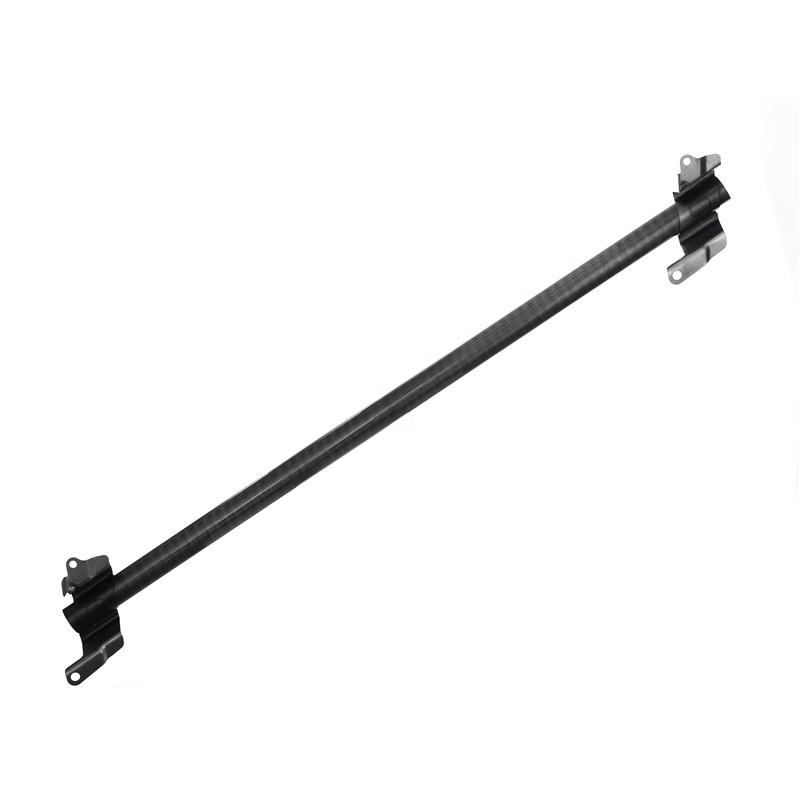
Important Car Parts Understanding the Essentials for Vehicle Maintenance
When it comes to vehicle maintenance and operation, understanding the important car parts is crucial for both safety and performance. Every component of a car plays a significant role in ensuring that the vehicle runs smoothly and efficiently. In this article, we will delve into some of the key parts of a car and their importance.
1. Engine The Heart of the Car
The engine is undoubtedly the most vital part of any vehicle. It converts fuel into mechanical energy, propelling the car forward. An engine's performance can greatly affect fuel efficiency and overall driving experience. Regular maintenance, such as oil changes and tuning, is essential to keep the engine in optimal condition.
2. Transmission Power Transfer
The transmission is responsible for transferring the engine's power to the wheels. It allows the driver to change gears and control the vehicle's speed. A malfunctioning transmission can lead to difficulties in shifting gears or unexpected stalls. Regular checks and fluid changes can prevent transmission issues and prolong its lifespan.
3. Brake System Safety First

The brake system is crucial for safety, allowing the driver to slow down or stop the vehicle effectively. It consists of various components, including brake pads, rotors, and calipers. Worn brake pads can lead to decreased braking efficiency, increasing the risk of accidents. Regular inspections and timely replacement of brake components are essential to ensure reliable stopping power.
4. Suspension System Comfort and Stability
The suspension system supports the weight of the vehicle while providing a smooth ride by absorbing shocks from the road. This system includes shock absorbers, springs, and struts. A well-maintained suspension enhances vehicle handling and comfort, while a faulty suspension can result in a bumpy ride and poor handling.
5. Tires The Only Contact with the Road
Tires are one of the most critical components, as they provide the only contact between the vehicle and the road. Proper tire pressure, tread depth, and alignment are vital for safety, fuel efficiency, and optimal handling. Regular tire rotations and timely replacements ensure that tires perform at their best and reduce the risk of blowouts.
Conclusion
Understanding the important parts of a car is essential for safe and efficient vehicle operation. Regular maintenance and timely replacements of key components like the engine, transmission, brakes, suspension, and tires can significantly enhance driving safety and prolong the lifespan of the vehicle. By being proactive about car care, drivers can ensure a smoother and more enjoyable driving experience.